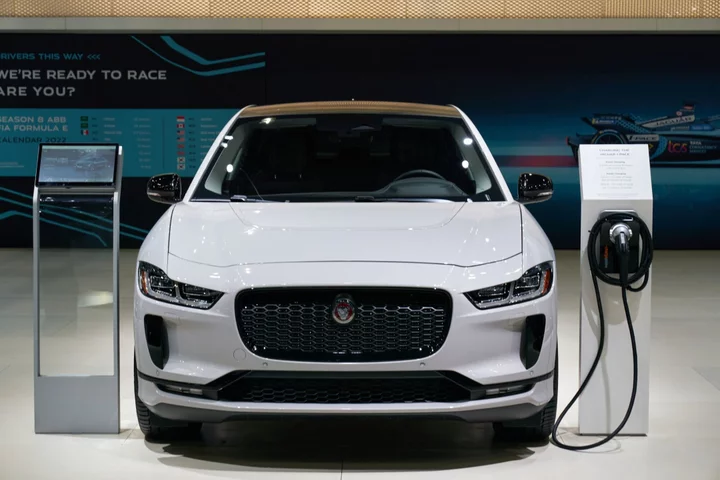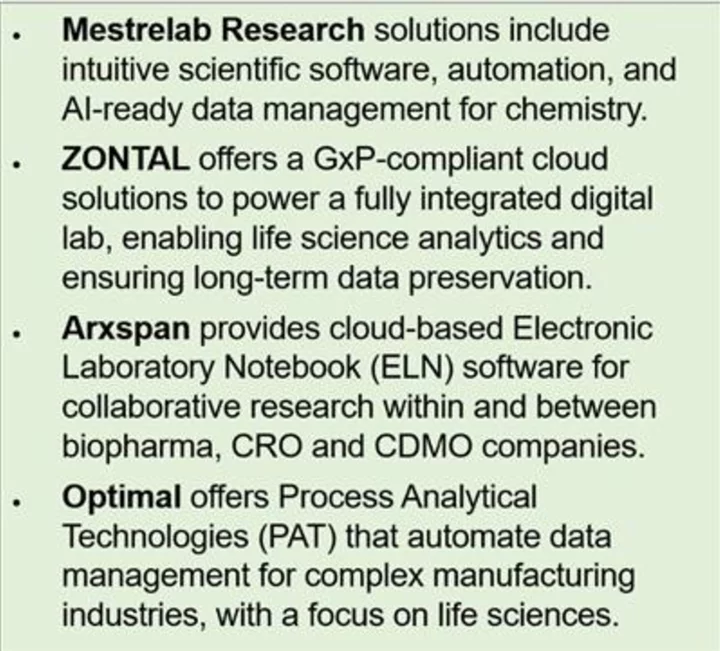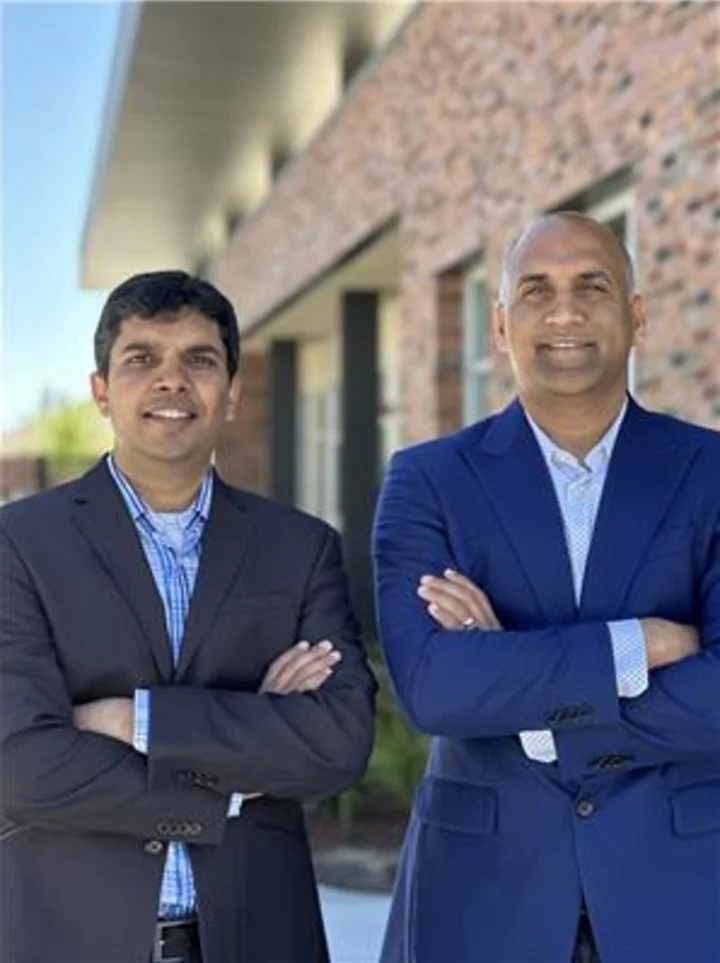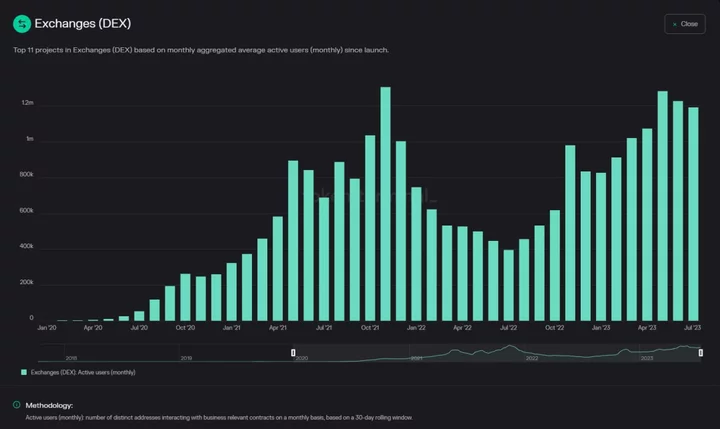Tata Group plans to build a £4 billion ($5.2 billion) battery plant in the UK to supply electric vehicles made by Jaguar Land Rover Automotive Plc, in a big win for Britain’s struggling car industry.
JLR and Tata Motors Ltd. will be anchor customers for the plant capable of providing 40 gigawatt hours worth of batteries, with supplies starting from 2026, according to a statement. The factory could supply roughly half a million vehicles per year depending on the size of the batteries.
The decision marks a significant victory for the UK government and auto industry, which has been struggling to compete with generous incentive packages for green technology in the US and European Union.
Tata has chosen a site in Somerset, west England, owned by Salamanca Group, an investment and advisory business with roots in real estate, Bloomberg News reported on Tuesday. The UK beat Spain in the chase for the factory.
The UK government described the deal as an “historic moment.” It will create around 4,000 jobs and supply JLR electric vehicles including Range Rover, Defender, Discovery and Jaguar models.
Political Boost
The investment “is testament to the strength of our car manufacturing industry and its skilled workers,” Prime Minister Rishi Sunak said in a statement Wednesday.
The timing could be helpful for Sunak, whose Conservative Party is struggling in the polls and facing a series of tough by-elections including three on Thursday.
One of the elections, in which the Conservatives risk losing parliamentary seats, is in Somerton and Frome — a mere 30 minutes from where the JLR battery plant is due to be built.
The UK’s car manufacturing sector, once a core part of the economy, has been struggling to cope with Brexit and the shift to electric vehicles. The company at the center of a proposed battery factory in the northeast of England, Britishvolt Ltd., fell into administration earlier this year.
The move will help JLR accelerate its shift to cleaner vehicles. JLR is planning to invest £15 billion over the next five years in developing electric cars as well as autonomous-driving features.
(Updates with political reaction and context throughout.)
Author: Ragini Saxena, Eric Pfanner and Ellen Milligan









